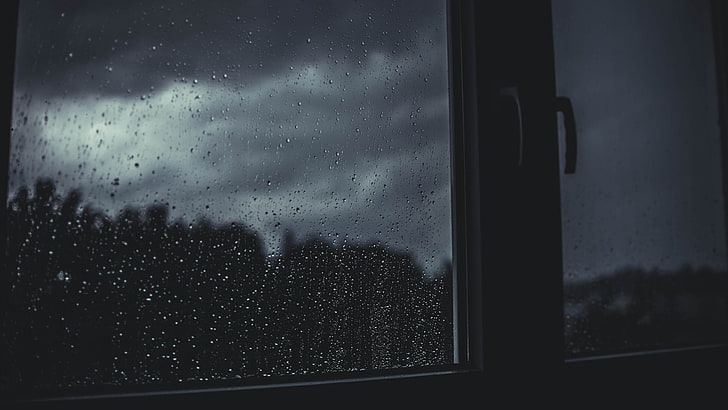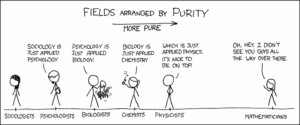those 15 min seemed borrowed from another era. I was reminded of those
small radio clips of important historical announcements that you get in
movies and documentaries. The opening lines of Nehru’s tryst with
destiny speech, IG announcing the imposition of emergency and a news
announcer declaring that India was now in a state of war with Pakistan
after airfields in Ambala had been bombed by the PAF. I was filled with a
strange feeling which I find hard to describe. I guess it was the just
the similarity in the medium for those broadcasts- the radio. Or perhaps
just a yearning for being present at those pivotal occasions. Whatever
the cause may have been, at that moment, I was filled with what I can
best describe in a word as nostalgia. A quick google search shows that there is a word for that- anemoia. I guess, nostalgia is a feeling of familiarity which doesn’t always connect to actual memories. Politicians seem to exploit it all the time. Isn’t it what makes Trump’s supporters fired up about “Making America Great Again”? Or, Hindu Nationalists misty eyed about India as a “Sone ki Chidiya”. The relationship between nostalgia and populism deserves a separate post. I will try to do it, but no promises.
announcements (videos and not audio most likely) will go down in documentaries
for the COVID19 pandemic? I think the lockdown announcements will
surely make it and also Trump’s many faux pas. But, what about the
millions who are starving or migrants whose trains home were cancelled?
None of that will make it into the big budget movies/documentaries, of
course. Perhaps, in the age of social media and camera phones
everywhere, their voices might get recorded. And, they may find a
place somewhere in the audio/visual historiography. I really hope they
do.


